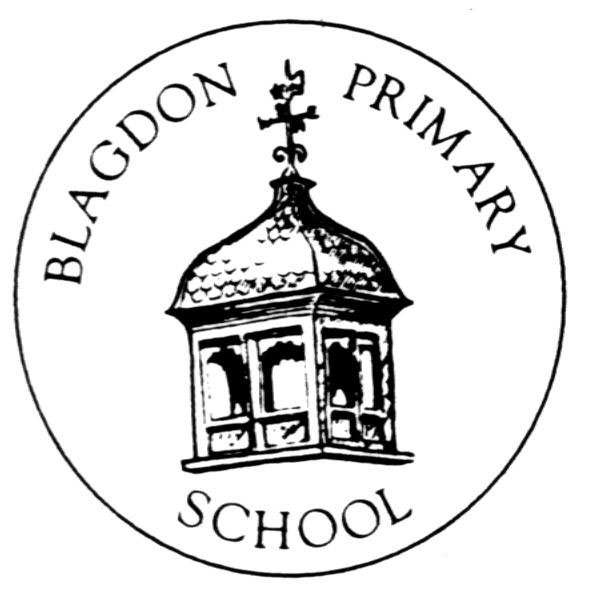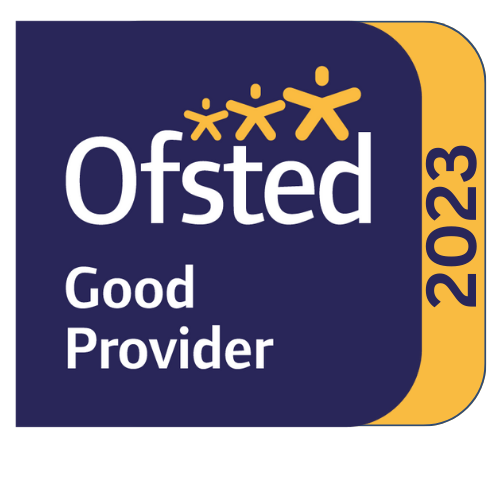British Values
Promoting Fundamental British Values
The DfE say there is a need “to create and enforce a clear and rigorous expectation on all schools to promote the fundamental British values of democracy, the rule of law, individual liberty and mutual respect and tolerance of those with different faiths and beliefs.”
The Government set out its definition of British values in the 2011 Prevent Strategy, and these values were reiterated in 2014. At Blagdon Primary School these values are reinforced regularly and in the following ways.
Democracy: Blagdon Primary School uses the Jigsaw PSHE scheme of work to reinforce values. Each year the children decide upon their class contract and the rights associated with these. All the children contribute to the drawing up of the contract and sign it.
Children have many opportunities for their voices to be heard. We have a school council which meets regularly to discuss issues raised by children and staff. Two members for each class are voted in by their peers.
Each year staff are given a questionnaire (which can be anonymous) to air their point of view about all areas of school life. Points raised are brought up in staff meetings and addressed. Staff meetings are also a good opportunity for teachers to feel able to discuss issues about life here.
Parents/carers are also given questionnaires to fill out about how to improve life at Blagdon Primary. These issues are then discussed with staff and governors. There is an open communication link between the school and parents/carers.
Children are given a questionnaire to voice their opinions about school life. Staff are given time to address any issues that may have arisen from these.
The Rule of Law: The importance of Laws, whether they be those that govern the class, the school, or the country, are consistently reinforced throughout regular school days, as well as when dealing with behaviour and through school assemblies. Pupils are taught the value and reasons behind laws, that they govern and protect us, the responsibilities that this involves and the consequences when laws are broken. Visits from authorities such as the Police and Fire Service help reinforce this message.
Individual Liberty: Within school, pupils are actively encouraged to make choices, knowing that they are in a safe and supportive environment. As a school, we educate and provide boundaries for young pupils to make choices safely, through provision of a safe environment and empowering education. Pupils are encouraged to know, understand and exercise their rights and personal freedoms and advised how to exercise these safely, for example through our E-Safety and PSHE lessons. Whether it be through choice of learning challenge, of how they record, of participation in our numerous extra-curricular clubs and opportunities, pupils are given the freedom to make choices. Our Jigsaw assemblies (held once a week) also encourage children to understand choices and boundaries and this message is delivered in a child-friendly manner.
Mutual Respect: Mutual respect is at the heart of our values and is the first theme in our Jigsaw cycle. Children learn that their behaviours have an effect on their own rights and those of others. All members of the school community treat each other with respect.
Tolerance of those of Different Faiths and Beliefs: Blagdon Primary School is situated in an area which is not greatly culturally diverse, therefore we place a great emphasis on promoting diversity with the children. Assemblies are regularly planned to address this issue either directly or through the inclusion of stories and celebrations from a variety of faiths and cultures. Our RE and PSHE teaching reinforce this. Members of different faiths or religions are encouraged to share their knowledge to enhance learning within classes and the school.
Extremism
Something which is clearly not part of any British or European value is extremism. Extremism is not a new topic in education, but schools have a relatively new statutory duty to have “due regard to the need to prevent people from being drawn into terrorism”. This duty is known as the Prevent Duty (Section 26, Counter- Terrorism and Security Act 2015). The Prevent Duty is clear that extremism of all kinds should be tackled.
Please find some information below to support parents in discussions about extremism and preventing radicalisation.
Article by David Cameron on British Values











